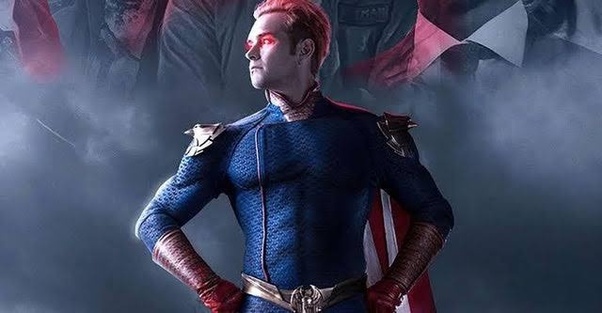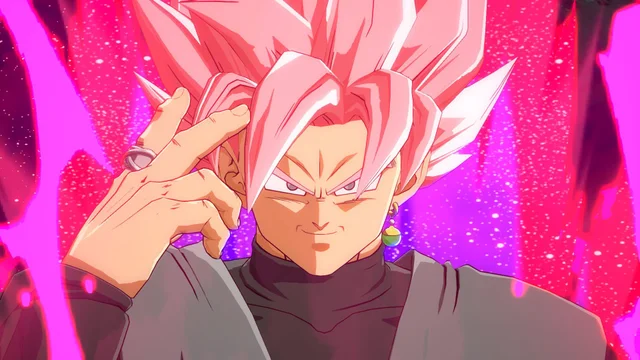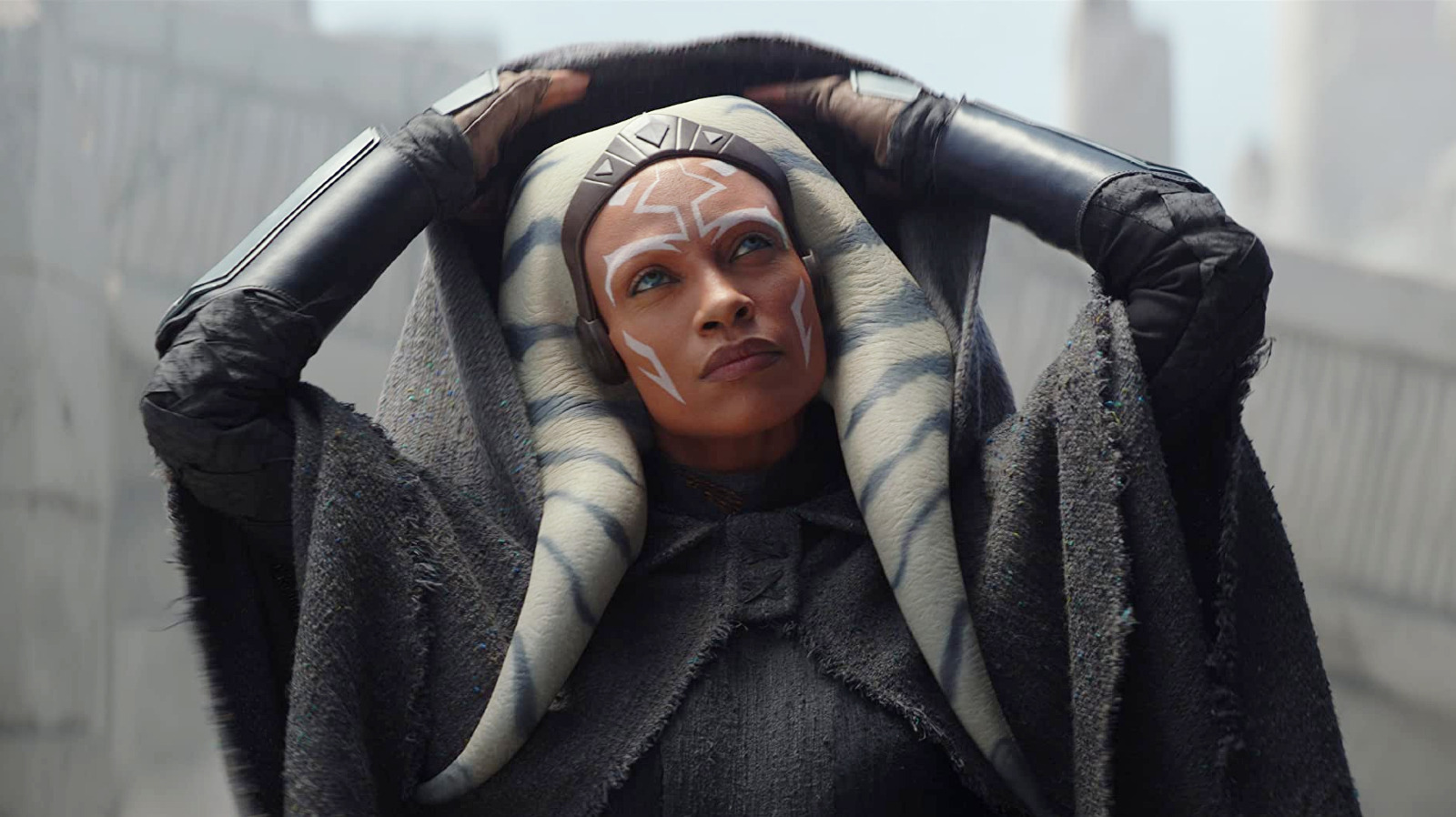Few characters in the wide world of superhero culture are as distinctive as Homelander from the popular series “The Boys” on Amazon Prime. “The Boys” is a gritty, satirical take on the superhero genre, based on the comic book series by Garth Ennis and Darick Robertson. Homelander, the series’ main nemesis, is at the center of the show. Homelander, as portrayed by Antony Starr, is a complex figure who represents the antithesis of the conventional superhero. This page explores the complex identity of Homelander, including his history, traits, abilities, and influence on the “The Boys” universe.
Background and Origins of Comic Books
First published in the 2006–2012 comic book series “The Boys,” Homelander made his debut. In the comics, he serves as the captain of The Seven, a superhero team modeled after DC’s Justice League that has corporate support. Homelander was developed by the formidable company Vought-American and was genetically altered to be the ideal superhero. His past combines business ambition with military research, making him a victim of both scientific hubris and capitalist abuse.
TV Show Adaptation
Homelander’s past is similar in the television adaption, although it has additional psychological depth. Lacking a conventional childhood and growing up in a lab, he lacks the moral and emotional stability that comes from being raised in a family setting. His lack of empathy and comprehension of typical human connections has a significant impact on his behavior and character.
Characteristics and Personality
The Public Figure
The public views Homelander as the pinnacle of bravery. He exudes confidence, charm, and a supposedly selfless nature. Clad in red, white, and blue, he personifies the American ideal of a superhero. He is frequently spotted grinning and consoling his admirers. A key component of Vought’s marketing strategy, which aims to preserve the company’s profitability and influence, is this well-curated picture.
The Actual Essence
Homelander is a whole different person when they close the door. He is extremely insecure, harsh, and narcissistic. Because of his godlike abilities, he feels entitled to a sense of superiority that makes regular people seem unimportant. His acts frequently exhibit a strong lack of empathy and a propensity for violence because they are motivated by a desire for domination and control.
Complexity of Psychology
The psychological profile of Homelander is a contrast study. He was raised in a cold, heartless, and closely watched environment, which deeply damaged his emotions. He cannot establish sincere, healthy connections, but he is driven by a need for love and acceptance. Much of his unpredictable conduct and moral difficulty stems from this conundrum.
Strengths and Capabilities
Superhuman Power and Unbreakability
Homelander is incredibly strong; considerably stronger than any human. He has no trouble lifting large objects, dominating any adversary, and withstanding bodily assaults without getting hurt. He is practically unbreakable due to his invulnerability, which protects him from normal weaponry.
Takeoff
Homelander’s ability to fly is one of his most recognizable skills. His ability to soar through the skies at amazing speeds contributes to his reputation as an unstoppable and all-pervasive force. He also gains a tactical edge in combat because to this skill.
Thermal Perception
The thermal vision of Homelander is yet another lethal ability. He has the ability to shoot powerful heat beams from his eyes that can instantly destroy anything and slice through metal. This power can be used as a weapon or as a means of intimidation.
Improved Perception
Homelander is not only an offensive force but also possesses increased senses. He can detect dangers and gather information from a wide distance thanks to his superhuman hearing and vision. He is a strong opponent and a superb tracker thanks to these skills.
Homelander’s Part in “The Boys”: The Seven’s Leader
Homelander has a great deal of power both inside The Seven and outside of it as their commander. His authoritarian management style frequently uses coercion and intimidation to keep things under control. His comrades fear him despite his charismatic exterior because they understand his great power and explosive nature.
Connection to Vought
The bond between Homelander and Vought is nuanced. He is, on the one hand, the company’s most valuable asset and the public face of their superhero enterprise. However, he objects to corporate interests controlling and manipulating him. Power disputes and disagreements with Vought executives, especially Madelyn Stillwell and later Stan Edgar, are frequently the result of this friction.
Disagreements with The Boys
The series’ main conflict is on Homelander’s hostile relationship with Billy Butcher and his group, The Boys. The Boys want to bring down Homelander and his allies because they have personal grudges against each other and want to reveal the corruption that lurks behind Vought’s superheroes. The sharp contrast between Butcher’s team’s gritted determination and Homelander’s godlike abilities is demonstrated by this prolonged battle.
Symbols and Themes
Evaluation of Celebrity Culture
The persona of Homelander offers a scathing critique of the idolization of public personalities and celebrity culture. His carefully constructed public image conceals the unsettling truth of who he really is. This paradox highlights the perilous effects of unbridled power and the frequently deceptive nature of celebrity.
Analyzing Corruption and Power
Homelander is used by “The Boys” to examine topics of corruption and authority. The show looks at how his almost limitless power—given by his godlike abilities—corrodes him. Homelander’s acts provide as a powerful example of how ultimate power isolates and dehumanizes those who hold it, in addition to corrupting absolutely.
Examining Identity and Trauma
The history of Homelander is a moving examination of tragedy and how it affects identity. His actions and attitude are shaped by his deficient upbringing and lack of authentic human connection. His character gains complexity as a result of this investigation, changing from a simple villain to a tragic person molded by his circumstances.
Answers to Common Questions (FAQ)
Homelander: Who is it?
A major character in both the television adaptation of “The Boys” and the comic book series is Homelander. He is the head of The Seven, a superhero collective under the control of the company Vought. In the television series Homelander, Antony Starr plays a strong yet profoundly flawed man.
What abilities does Homelander have?
Homelander has superhuman strength, invulnerability, flight, thermal vision, and increased senses, among other superhuman talents. He is among the most powerful characters in the series because of these abilities.
What flaw does Homelander have?
Homelander’s psychological instability and ingrained need for affection and acceptance are his main weaknesses. He does not possess a physical weakness similar to Superman’s kryptonite, unlike other superheroes. But people who know him well can take advantage of his emotional wounds and fears.
In what ways does Homelander resemble Superman?
Because of their shared powers and patriotic ethos, Homelander and Superman are frequently compared. But whereas Superman embodies moral rectitude and idealistic heroics, Homelander offers a more somber and darker interpretation of the superhero paradigm. He is a far more complicated and morally dubious character because of his ego, insecurities, and need for power.
What makes Homelander a bad guy?
Because of his callous behavior, lack of empathy, and readiness to injure people in order to hold onto power, Homelander is viewed as a villain. As the main antagonist of “The Boys,” he stands in stark contrast to the typical hero’s moral code due to his autocratic leadership, readiness to kill, and cunning actions.
What connection exists between Vought and Homelander?
Vought and Homelander have a tense yet mutually dependent relationship. Homelander is marketed by Vought as the ultimate superhero, but he is dependent on the company for funding and popular admiration. But Homelander feels that Vought is controlling him, which frequently results in power clashes.
How does Homelander’s persona change during the narrative?
Homelander’s character changes during the series from an apparently flawless superhero to a seriously dangerous and damaged person. His battles with Vought and The Boys, along with his psychological collapse and growing cruelty, expose the depths and darkness of his character.
Can Homelander be saved?
The redemption of Homelanders is a difficult and divisive topic. Although his difficult background garners some empathy, his deeds are frequently too horrible for him to be saved. The show investigates whether it is possible for someone with such severe moral decay and psychological scars to ever fully heal.
In summary
One of the most interesting and nuanced characters in modern superhero media is Homelander. His performance in “The Boys” provides a complex commentary on fame, authority, and the shadowy side of heroism. With the help of his persona, the show subverts conventional ideas of what it means to be a hero by offering a startlingly accurate and realistic portrayal of moral fallibility and superhuman power. Homelander, who personifies the show’s primary ideas and never stops captivating audiences with his complex villainy, is still a pivotal character in “The Boys” as it develops.



